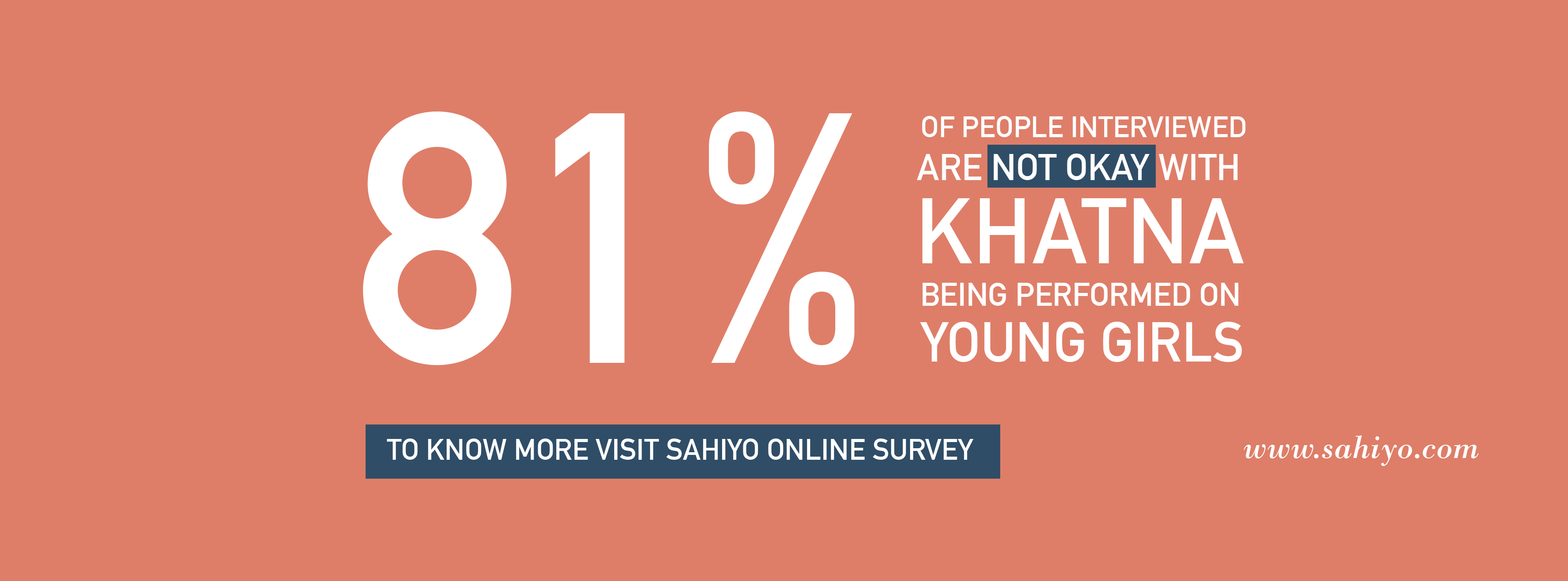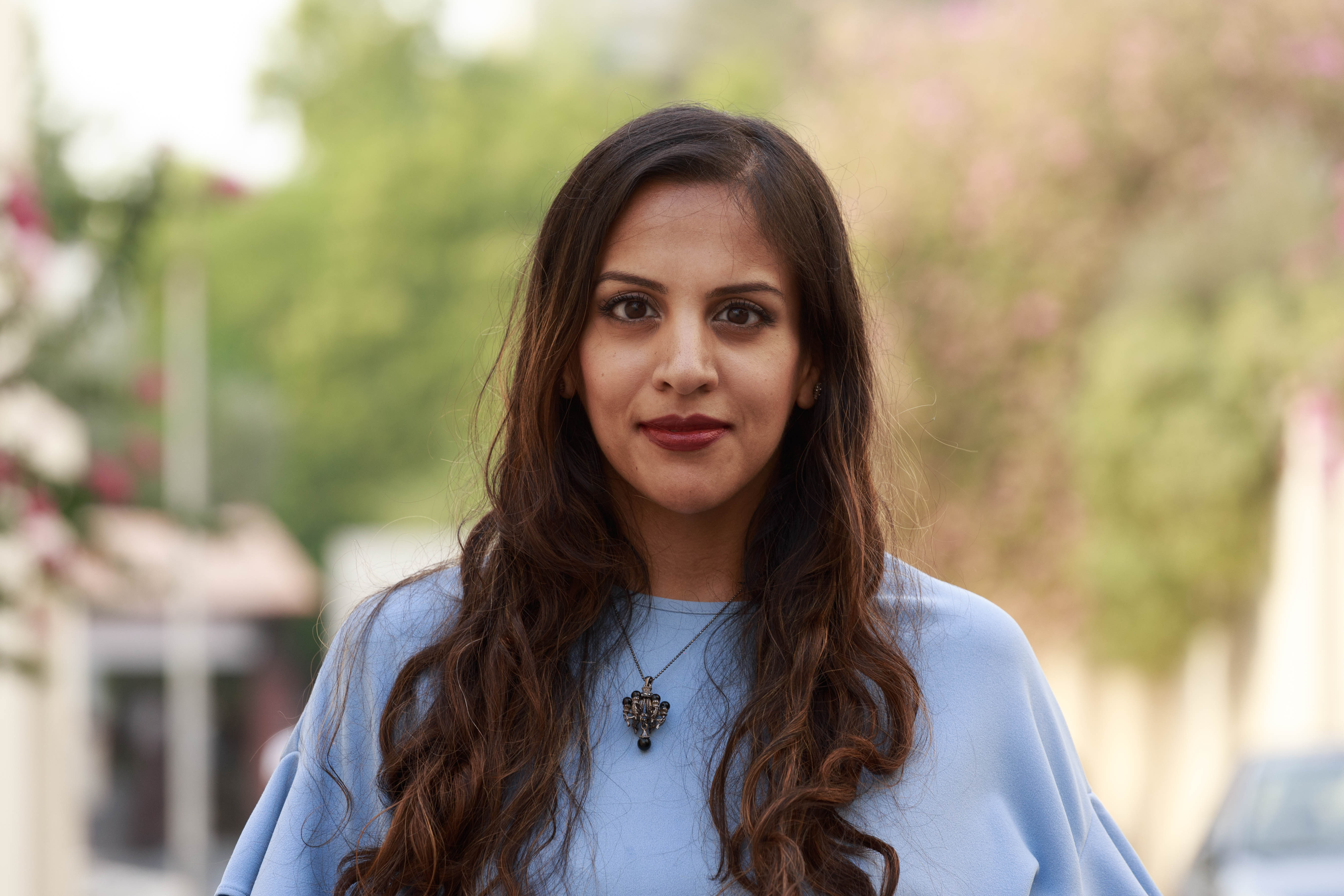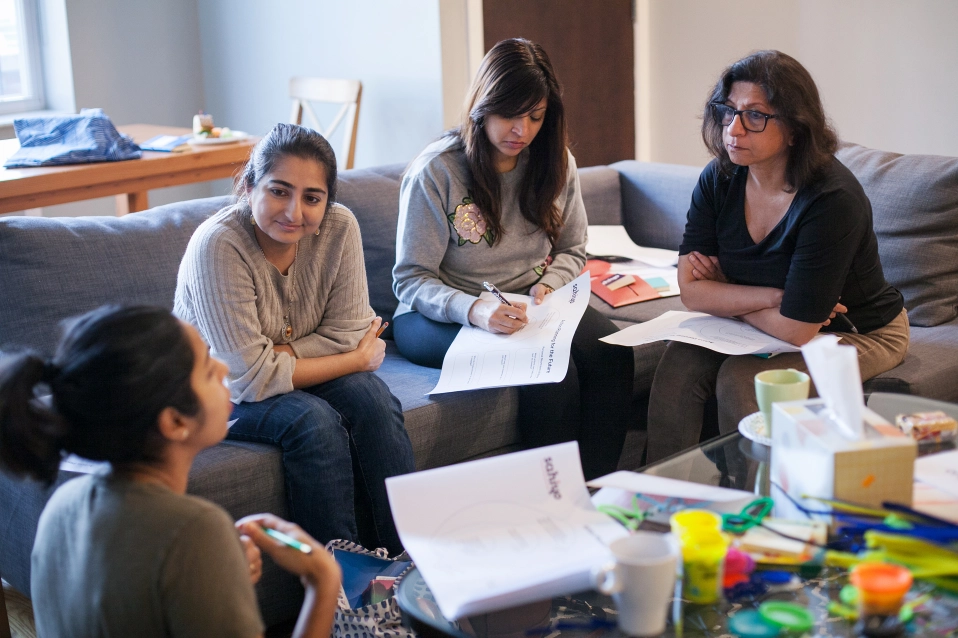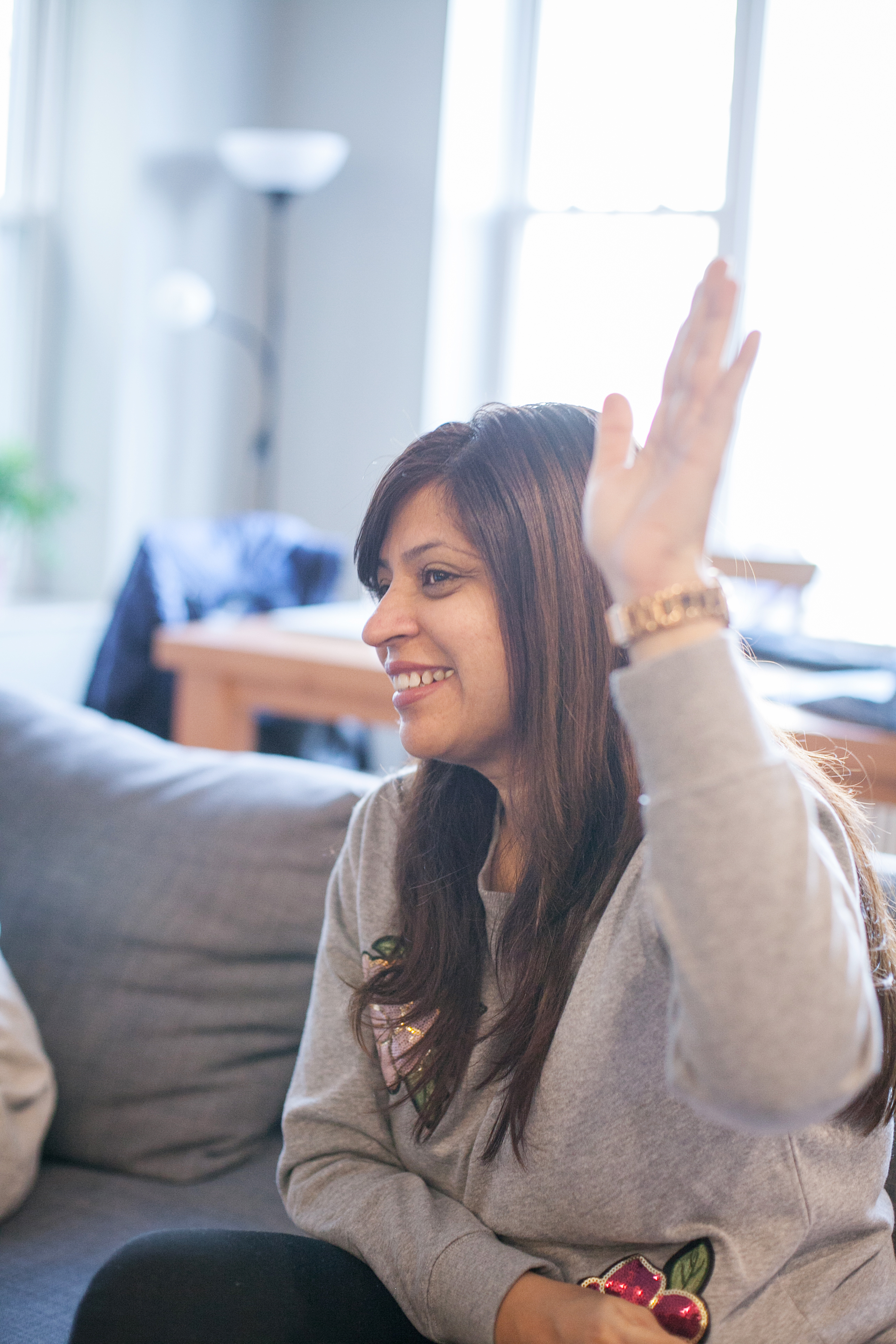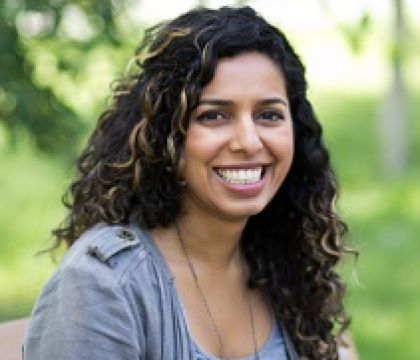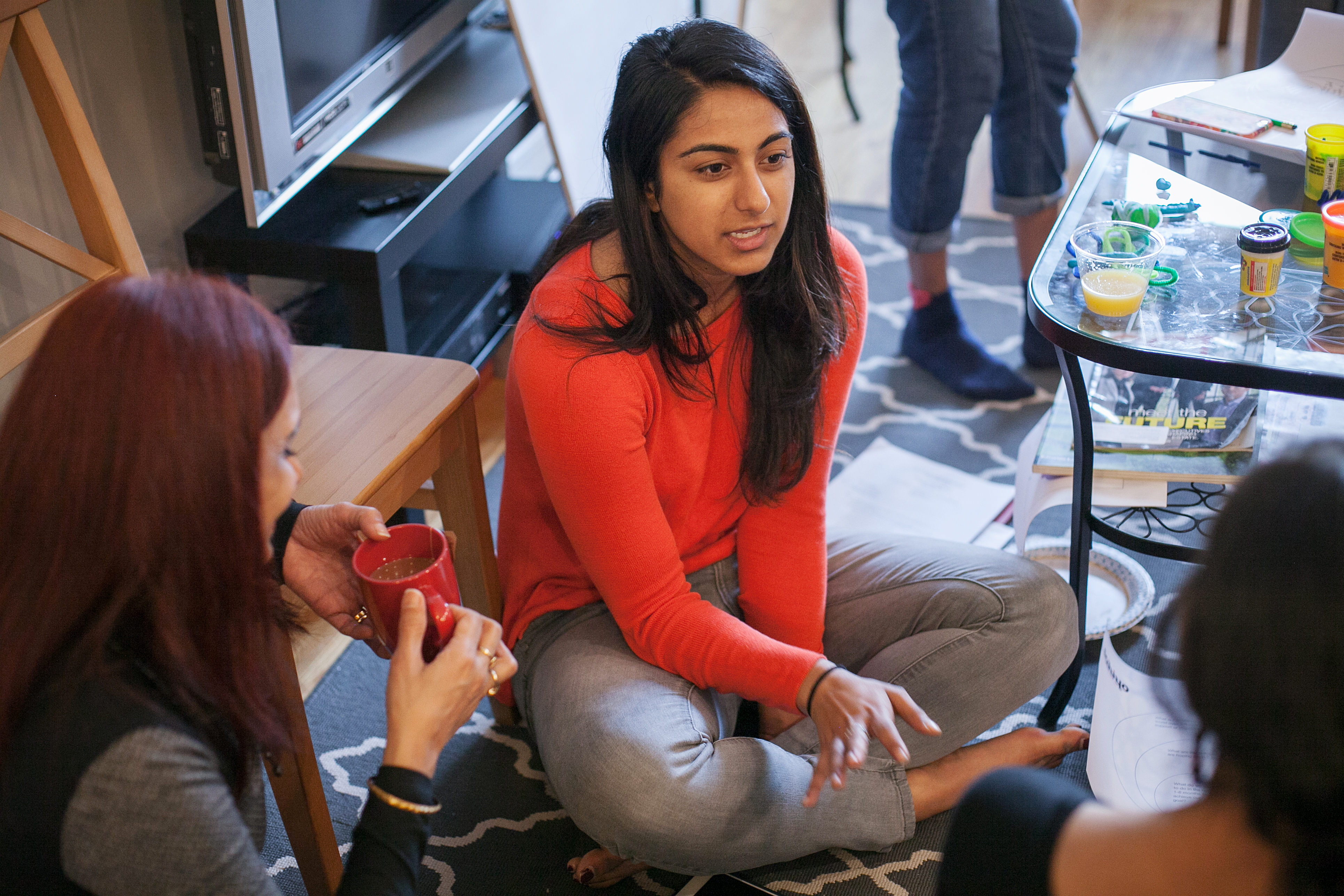In February 2017, Sahiyo released the findings of the first ever large scale global study on Female Genital Cutting in the Bohra community in order to gain insight into how and why this harmful practice continued. A year later, this February 2018 saw the release of a second large-scale research study entitled “The Clitoral Hood – A Contested Site”, conducted by Lakshmi Anantnarayan, Shabana Diler and Natasha Menon in collaboration with WeSpeakOut and Nari Samata Manch. The study explored the practice of FGM/C in the Bohra community specifically in India and added findings about the sexual impact of FGC on Bohra women. Substantial overlap between the two studies can be found and parallels can be drawn.
Firstly, both studies explored the type of FGM/C that was carried out on the participants. The study by Sahiyo discovered that out of the 109 participants who were aware of the procedure that was carried out on them, 23 reported having undergone Type 1a – the removal of the clitoral hood. Research carried out by Anantnarayan et. al. found that although proponents of FGM/C in India claim that Bohras only practice Type 1a and Type 4 FGM/C (pricking, piercing or cauterization of the clitoral hood), participants reported that both Types 1a and 1b (partial or total removal of the clitoris and/or clitoral hood) are most often practiced.
Sahiyo and Anantnarayan et. al. both found that the majority of participants had undergone FGM/C and therefore, among both samples, FGM/C was widely practiced. Sahiyo found that 80% of 385 female participants had undergone the practice, whereas Anantnarayan et. al. found that of the 83 female participants in the study, 75% reported that their daughters had undergone FGC. Both studies found that FGM/C was performed at around the age of seven.
The impact of FGM/C on participants was also reported to be similar among participants of both studies. In exploring this further, Anantnarayan et. al. found that 97% of participants remembered FGM/C as a painful experience. Participants who had undergone the practice reported painful urination, physical discomfort, difficulty walking, and bleeding to be the immediate effects after having undergone FGM/C. In the long-term, some women reported that they suffered from recurring Urinary Tract Infections (UTIs) and incontinence, which they suspect could be linked to their khatna.
Both studies also explored the effect of FGM/C on participants’ sex lives. Anantnarayan et. al. found that approximately 33% of participants believe that FGM/C has negatively impacted their sex life. Similarly, Sahiyo reported findings of 35% of participants who believed that FGM/C has negatively impacted their sex lives. Some of the problems identified by several participants included low sex drive, the inability to feel sexual pleasure, difficulty trusting sexual partners, and over-sensitivity in the clitoral area.
Physical consequences of FGM/C in both studies also revealed psychological consequences. Similar to Sahiyo’s findings, Anantnarayan et. al. found that many participants reported feelings of fear, anxiety, shame, anger, depression, low self-esteem, and difficulty trusting people as some of the psychological repercussions of their FGM/C experience. Sahiyo found that 48% of participants in their study reported that FGM/C had left them with a lasting psychological impact.
Both Sahiyo and Anantnarayan et. al. also explored the main reasons for the the continuation of FGM/C within the Bohra community. Several common reasons were found, including the continuation of an old traditional practice, the adherence to religious edicts, and to control women’s promiscuity and sexual behaviour.
Interestingly, Sahiyo’s study found that 80% of women had earned at least a Bachelor’s degree, no relationship could be determined between education level and having undergone FGC. Meanwhile, the study by Anantnarayan et. al found that a strong connection existed between a mother’s education level and her decision to continue FGC on her daughter.
Sahiyo’s study, however, did note that more important than education level was the question of a person’s ideological preference (stated religion) as it might influence a person’s decision to continue FGC on their daughter. In fact, Sahiyo’s survey found that those who were most likely to continue ‘khatna’ were also more likely to still identify as Dawoodi Bohra in their adult life. Anantnarayan et. al also determined that the more diverse personal networks and economic independence from the Bohra religious community a woman had, the more likely they were to discontinue FGM/C and renounce it.
Finally, both studies examined the relationship between men and the decision/involvement for a girl to undergo FGC. Both studies did allude to the idea that the decision leading to a girl undergoing FGM/C may not strictly be confined to women. Sahiyo’s study revealed that 72% of respondents believed that men were aware of the practice, but only 27% believed that men were told of the practice when the girl underwent it in their family. Anantnarayan et. al. concluded that men played an integral role in the maintenance and propagation of the practice, both at the personal and political level, whether passively or more actively. However, Sahiyo’s data collection was completed in 2016, prior to the large-scale movement to end FGC in the Bohra community. The last few years have shown that with an increase in awareness of FGC amongst the public, Bohra men’s own knowledge of FGC has also naturally increased, and thus the traditional idea that men are unaware of FGC may in fact be changing with the current generation, as pointed out by Anantnarayan et. al.

